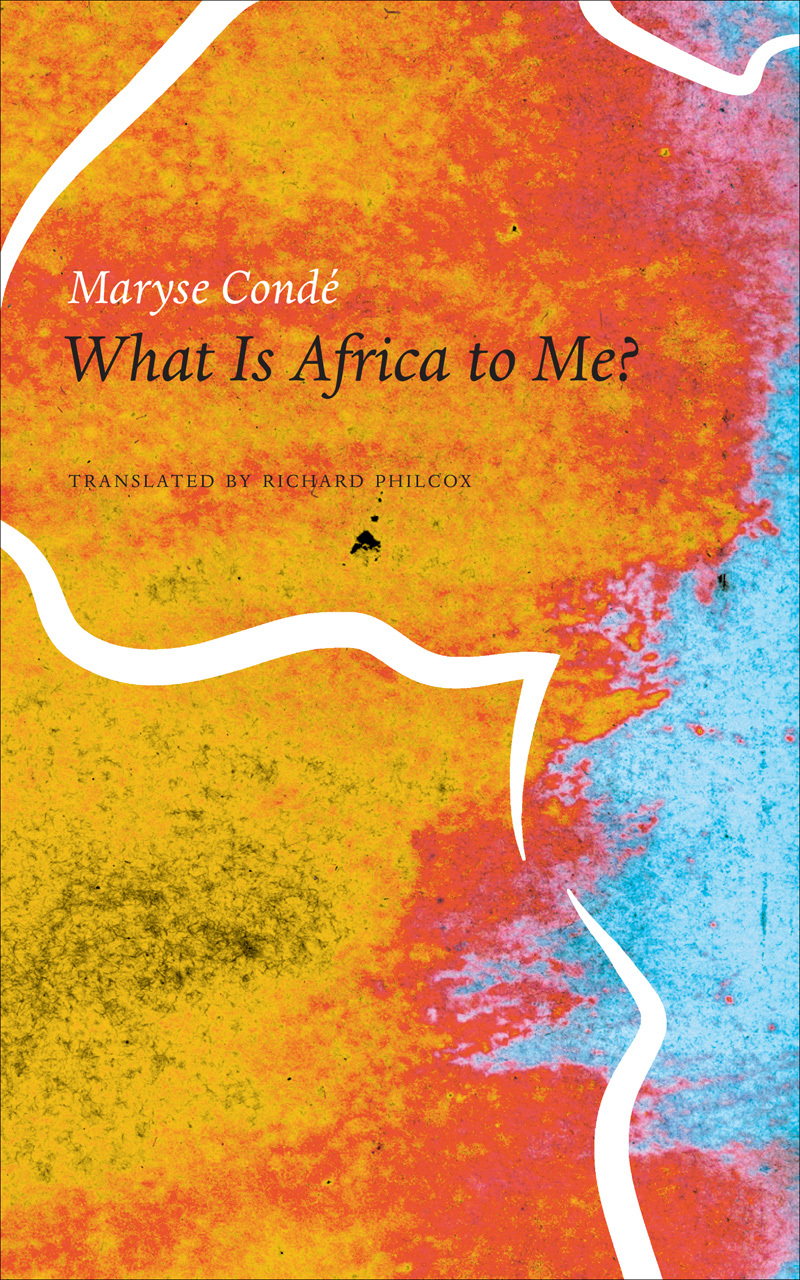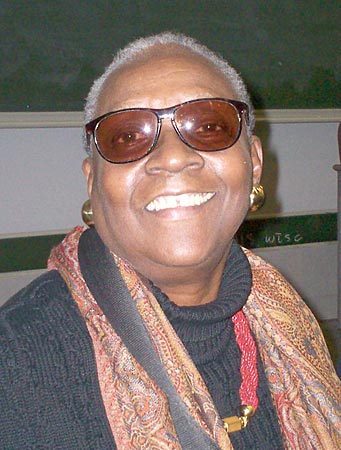
Maryse Condé is one of the best-known and most beloved French Caribbean literary voices. The author of more than twenty novels, she was shortlisted for the Man Booker International Prize in 2015 and has long been recognized as a giant of black feminist literature. While Condé has previously published an autobiography of her childhood, What Is Africa to Me? tells for the first time the story of her early adult years in Africa—years formative not only for her, but also for African colonies appealing for their own independence. What Is Africa to Me? traces the late 1950s to 1968, chronicling Condé’s life in Sékou Touré’s Guinea to her time in Kwame N’Krumah’s Ghana, where she rubbed shoulders with Malcolm X, Che Guevara, Julius Nyerere, and Maya Angelou. Accusations of subversive activity resulted in Condé’s deportation from Ghana. Settling down in Sénégal, Condé ended her African years with close friends in Dakar, including filmmakers, activists, and Haitian exiles, before putting down more permanent roots in Paris. Condé’s story is more than one of political upheaval, however; it is also the story of a mother raising four children as she battles steep obstacles, of a Guadeloupean seeking her identity in Africa, and of a young woman searching for her freedom and vocation as a writer. What Is Africa to Me? is a searing portrait of a literary genius—it should not be missed.
Author

Maryse Condé is a Guadeloupean, French language author of historical fiction, best known for her novel Segu. Maryse Condé was born as Maryse Boucolon at Pointe-à-Pitre, Guadeloupe, the youngest of eight children. In 1953, her parents sent her to study at Lycée Fénelon and Sorbonne in Paris, where she majored in English. In 1959, she married Mamadou Condé, an Guinean actor. After graduating, she taught in Guinea, Ghana, and Senegal. In 1981, she divorced, but the following year married Richard Philcox, English language translator of most of her novels. Condé's novels explore racial, gender, and cultural issues in a variety of historical eras and locales, including the Salem witch trials in I, Tituba: Black Witch of Salem and the 19th century Bambara Empire of Mali in Segu. In addition to her writings, Condé had a distinguished academic career. In 2004 she retired from Columbia University as Professor Emeritus of French. She had previously taught at the University of California, Berkeley, UCLA, the Sorbonne, The University of Virginia, and the University of Nanterre. In March 2007, Condé was the keynote speaker at Franklin College Switzerland's Caribbean Unbound III conference, in Lugano, Switzerland.